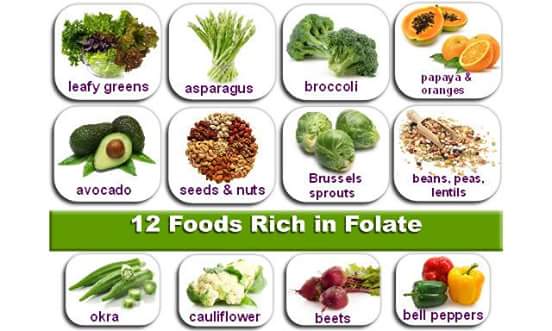
Folic acid is a pregnancy superhero! Taking a prenatal vitamin with the recommended 400 micrograms (mcg) of folic acid before and during pregnancy can help prevent birth defects of your baby's brain and spinal cord. Take it every day and go ahead and have a bowl of fortified cereal, too.
What Is Folic Acid?
Folic acid is a man-made form of a B vitamin called folate. Folate plays an important role in the production of red blood cells and helps your baby's neural tube develop into her brain and spinal cord. The best food sources of folic acid are fortified cereals. Folate is found naturally in dark green vegetables and citrus fruits.
When Should I Start Taking Folic Acid?
Birth defects occur within the first 3-4 weeks of pregnancy. So it's important to have folate in your system during those early stages when your baby's brain and spinal cord are developing.
If you talked to your doctor when you were trying to conceive, she probably told you to start taking a prenatal vitamin with folic acid. One study showed that women who took folic acid for at least a year before getting pregnant cut their chances of delivering early by 50% or more.
The CDC recommends that you start taking folic acid every day for at least a month before you become pregnant, and every day while you are pregnant. However, the CDC also recommends that all women of childbearing age take folic acid every day. So you'd be fine to start taking it even earlier.
If you picked out your own prenatal vitamin, take it to your OB once you're pregnant to make sure it has the recommended amounts of everything you need, including folic acid. All prenatal vitamins are not the same and some may have less or more of the vitamins and minerals you need
Hi! I am a robot. I just upvoted you! I found similar content that readers might be interested in:
http://www.webmd.com/baby/folic-acid-and-pregnancy
Downvoting a post can decrease pending rewards and make it less visible. Common reasons:
Submit